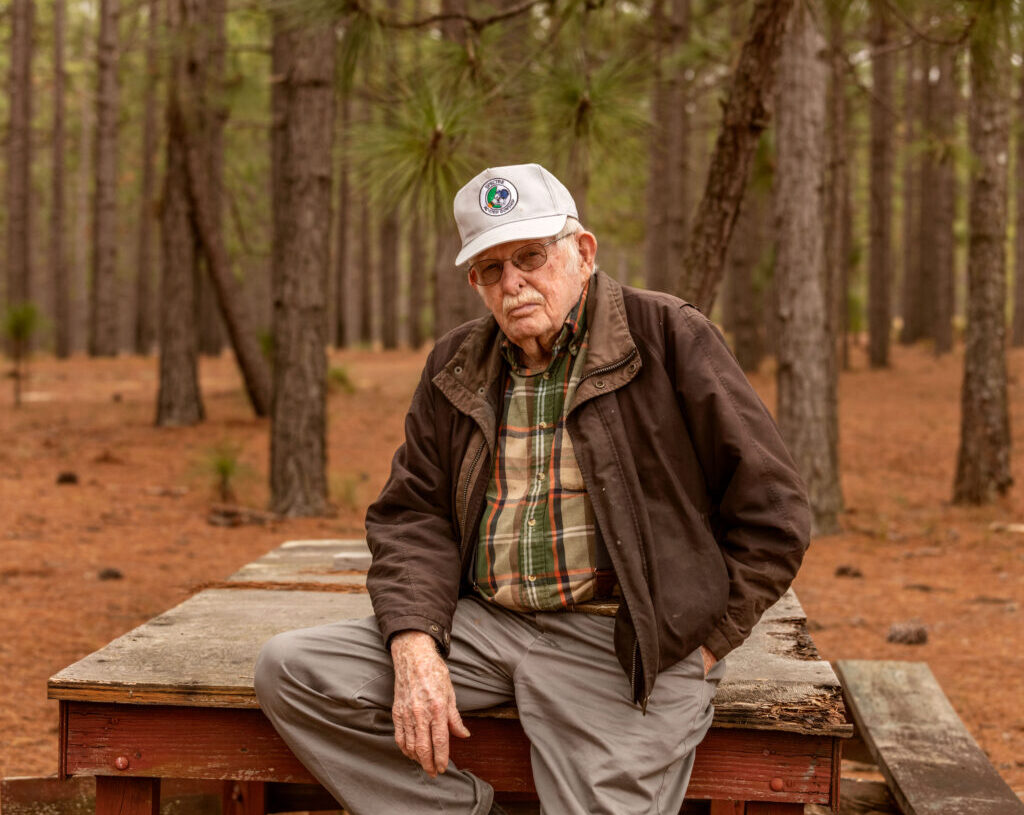Following Keith Moore’s Nov. 10 online op-ed, “How different are urban and rural Americans? Take our quiz to find out.,” Post Opinions asked readers, “What do city dwellers not understand about rural life?” Here are some of the responses.
I think my father, a Phi Beta Kappa college grad and a lifelong farmer in the Midwest, made the most astute observation about the difference between urban and rural dwellers: “When faced with a problem, most city people immediately look around helplessly and say, ‘Someone should do something about that!’ Country folks just jump in and fix it.”
Debra Harner, Woodland Hills, California
There’s lots of space for relatively few people and most of the time there aren’t many people around. Yet everybody knows every detail about everyone’s life. When there’s a true need, people usually help out without being asked. They just show up without discussion or fanfare, because they all already know everything about it.
Denise Snyder, Peoria, Arizona
It’s unbelievable to look up at the sky at night and see every star in the universe. Go out in the woods, and the only thing you hear is the animals walking through the forest. You become so close to nature that you realize you are part of everything that exists. The most freedom you’ll ever know: taste, smell, feel and love. I grew up on the lakes and rivers, hiking the mountains. I could get on my bike and ride for miles and feel like I never had to come home, although I wanted to so I could tell everybody how much fun I had. I’m not saying rural life is any better or any worse. But I would never trade my past, and I wish every kid got to experience good outdoor open freedom themselves.
Lance Bailey, Hot Springs, Arkansas
I’ve learned that the farther one lives from the city, the less likely one is to have services like water and sewer connections. A well requires regular maintenance of filters and other systems.
You dote on your beloved garden, until you wake up one morning and find the local deer have eaten all your lettuce and broccoli.
Having fresh eggs is a wonderful idea, so you get a dozen chickens. Then you learn about raccoons and coyotes.
Having a wood stove is great, especially when the power goes out during the middle of winter. Don’t forget to learn how to sweep your own chimney, as well as repair small appliances and handle basic plumbing.
One of the rural accents that took me the most time for adjustment is all the neighbors who have a shooting range on their property. In the urban area of my roots, when you heard gunfire, it made one feel like they should hit the deck. Here, it is just someone checking their latest ammo reloading.
Jim Koepke, Longview, Washington
Living in rural communities for 25 years, I got used to traveling great distances with my son on planes, trains and automobiles to see relatives in cities because, for the most part, they could not be bothered to visit us. So, to those of you who live in cities, I would say be thankful for all of the amenities, friends and family you have close to you.
Sue Hejhal, Toledo
We don’t think others should have the right to tell us what color to paint our houses or what our yards look like. We want to be able to make our own choices. Compromise in essentials is necessary, but why should every section of how we live be susceptible to other people’s opinions? Equality means not judging people about such choices. If I run into a neighbor at the grocery who is dirty in clothes that are paint-stained or torn, I figure they have just come from doing some work — and how they are dressed is irrelevant to me. What counts is being honest, keeping your word and knowing that if someone drives by and sees something is burning, they will stop and grab a hose until the owners or fire department show up.
City people shouldn’t assume country people are bumpkins. There are three people with a PhD on my short road alone. Not to mention the skilled people who don’t go to college but read and travel the U.S. and the world and understand farming or ranching or construction and how to do their own electricity and plumbing, fix their own vehicles or build a solar power system.
Anya Paradiso, Jacksonville, Oregon
We can’t be as invisible as urban dwellers can be to one another. Do we agree? No, but we are sure to see that person again, and respectful disagreement is a longer-range strategy.
Barbara Hetrick, Walla Walla, Washington
Perhaps the apparent uninterest on the part of many urban folk regarding rural life is due in part to what Robert Morley might ascribe to an assumed absence of PLUs (People Like Us). Without basic curiosity, there is little hope for the development of any sort of understanding. I would guess that these factors work in the opposite direction, too. Many, maybe most, of my rural compatriots have little interest in understanding city life. Reciprocal knowledge, scattered as it appears, seems to arise from the small hand-held screen. A poor substitute for the real thing.
Fred Kessel, Townsend, Montana
A terrible mistake on menopause
Regarding Leana S. Wen’s Nov. 19 op-ed, “Finally, the FDA corrects its error on hormone therapy”:
I was in my early 50s when the 2002 Women’s Health Initiative study triggered widespread fear about hormone replacement therapy. My doctors, following prevailing guidance, refused to prescribe estrogen.
Two decades later, the FDA is removing the boxed warning on many hormone treatments, acknowledging that the risks were overstated for women near menopause. For my generation, this change comes too late. Since menopause, I have suffered a broken hip, multiple vertebral fractures, and tendon and ligament injuries — consequences that may have been reduced by appropriate hormone therapy.
We were told we were being “protected,” but we were left vulnerable. The FDA’s reversal is welcome, but it should be accompanied by recognition and renewed research into long-term effects of estrogen deprivation. My daughters and granddaughter deserve a health care system that gets this right.
Sarah Horn, Clifton
The half-baked half-century mortgage
President Donald Trump has framed his proposal for a 50-year mortgage as a breakthrough for affordability. It is not. It is the financial equivalent of dimming the lights so the cracks in the walls are harder to see. Monthly payments go down, but total interest explodes. As Michelle Singletary noted in her Nov. 19 Color of Money column, “Analysis shows the pitfalls of a 50-year mortgage” [Economy & Business], equity builds at a glacial pace, and millions of Americans will enter retirement still owing on the homes they bought in their 20s. It normalizes lifelong indebtedness.
The country doesn’t need new ways to stretch debt over a lifetime. It needs leaders willing to confront why ordinary Americans can’t afford a home in the first place. Affordability comes from policy choices, like building more housing, fixing zoning rules, curbing speculation and raising wages, not from tacking extra decades onto a mortgage.
Muhammad Umar, Glen Mills, Pennsylvania
Fifty-year mortgages could result in somewhat higher prices through their effect on demand. Buyers typically have a budget for monthly expenses, based on their income and savings goals. Within that budget, they allocate a certain amount they can afford to pay for a mortgage. Suppose a 50-year mortgage becomes available, lowering the monthly payment for a certain home. What’s to stop them from now buying a more expensive home with the 50-year mortgage, one with a monthly payment equal to what they would have paid on a less expensive home with a 30-year mortgage? In other words, the effect of introducing 50-year mortgages could be increased demand for homes, thus bidding up prices. This would at least partially offset the benefit of the new mortgage option.
Philip Young, Chevy Chase
Well, city dwellers: What do rural folks not understand about city life? Share your response, and it might be published as a letter.
The post What city dwellers don’t understand about rural life appeared first on Washington Post.




